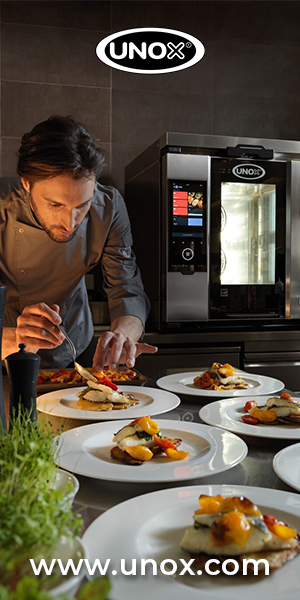In Australia’s high-pressure consumer economy, formal insolvency can often feel like the inevitable endpoint for struggling retail and hospitality businesses. But it doesn’t have to be. With proactive restructuring and early action, business owners can often avoid the disruption and cost of voluntary administration altogether.
This final article of a three-part series, Masi Zaki from Bird & Bird, focuses on pre-voluntary administration strategies — practical steps you can take to restructure and stabilise before the formal appointment of administrators becomes necessary.
Voluntary administration is designed to give companies breathing room while they assess their options. However, entering voluntary administration too late — after cashflow has dried up or stakeholders have lost faith — often leaves administrators with few choices other than asset sales or liquidation.
Early-stage restructuring can help businesses to:
- preserve brand and goodwill
- retain control (and board continuity)
- avoid insolvency stigma that scares off customers, suppliers, and staff
- reduce professional fees and avoid court-imposed deadlines; and
- retain optionality — including raising new capital or exiting non-core assets.
Safe harbour early
The safe harbour provisions under the Corporations Act protect directors from insolvent trading liability if they are actively developing and implementing a restructuring plan with expert advice. To access this protection, a company must:
- pay employee entitlements and taxes as they fall due
- form a “better outcome” plan than immediate liquidation; and
- engage qualified advisers to assist and implement the plan successfully.
Cost restructures
Lease costs and supplier terms are often the first areas to target. In a high-vacancy commercial market, tenants often have more leverage than they realise. You can:
- negotiate base rent reductions or turnover-based rent
- exit underperforming sites; and
- extend supplier payment terms.
Review overheads and the store network
Reviewing headcount, closing loss-making outlets, and centralising administration are essential. Consider rolling store-level P&Ls and reviewing wage-to-sales ratios monthly.
Digital strategy and channel diversification
Some retailers and food operators have avoided voluntary administration by pivoting to ecommerce and direct-to-consumer platforms, incorporating ghost kitchens or delivery-only models and introducing loyalty programs and CRM-led repeat sales strategies.
Preserving value
If liquidity is tight, businesses should actively consider selling non-core brands or store assets, bringing in minority investment or refinancing secured debt or negotiating covenant waivers, where possible.
In the end, with early action, many Australian retailers and hospitality businesses can restructure informally — avoiding the cost, stigma and disruption of voluntary administration, but even if an external appointment is required, that does not necessarily mean it’s the end of the show.
Masi Zaki is a Partner at Bird & Bird in Australia, specialising in corporate restructures, turnarounds, and special situations across both Australian and global jurisdictions. He advises stakeholders in distressed investments and transactions, with expertise spanning financial services, energy, infrastructure, aviation, and retail. This article was republished with permission.







